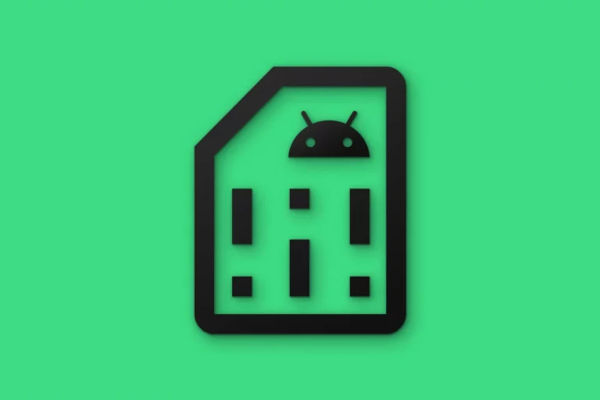Google has announced its plans to introduce eSIM transfer capabilities to Android phones in 2023, as the company aims to simplify the process of changing phones for users. Currently, transferring an eSIM profile from one device to another requires the user to unregister the eSIM on the old device and reactivate it on the new one, which can be a cumbersome process.

However, with the upcoming eSIM transfer capability, users will be able to seamlessly transfer their eSIM profiles without needing to contact their mobile carrier.
Deutsche Telekom is one of the first carriers to adopt eSIM transfer on Android handsets, according to Google. The announcement comes after months of leaks and beta tests that showcased the ability to convert physical SIM cards to eSIM, along with the transfer tools that the company has now officially announced.
The move to eSIM is part of a wider trend in the industry, with Apple having already eliminated physical SIM cards from its latest iPhone series in the United States. Google’s eSIM transfer capability will make the process of switching phones easier for Android users, and it is expected that more smartphone manufacturers will follow suit in the coming years.
In addition to the eSIM announcement, Google also highlighted recent partnerships aimed at expanding the reach of Android’s latest software enhancements. Vodafone is making the Messages app the default messaging service on eligible Android phones to further expand the reach of RCS, while Google is simplifying the RCS branding across the board.
Google also showcased recent smartphone launches from its partners, such as Samsung, OnePlus, Oppo, and Xiaomi, which have used Android features like Nearby Share and digital car keys. The company also announced a brand-new set of Android features rolling out from today, along with a promise that Fast Pair for Chromebooks will finally arrive in the near future.
Software support was another major focus at Google’s MWC event, with the company reiterating its partners’ commitments to longer Android OS upgrades and security update schedules.
Samsung leads on that front, offering four years of major OS updates and five years of security patches, while Xiaomi promised three OS upgrades for its new flagship phones and five years of security updates during the Xiaomi 13 series debut at MWC 2023.




































